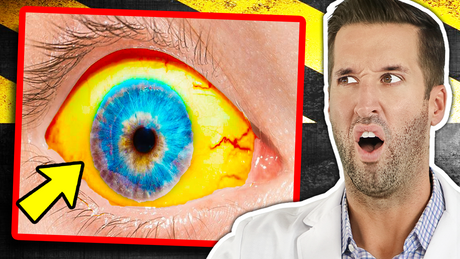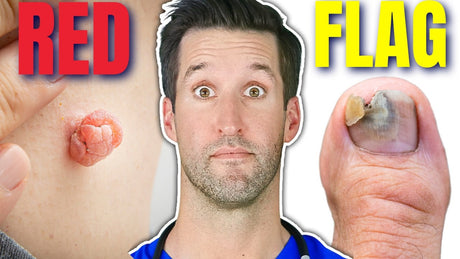1. Clear Urine
Clear urine typically means you’re very well-hydrated—perhaps even too much so. While staying hydrated is essential, overhydration can flush out key electrolytes like sodium, leading to imbalances. If your urine is completely clear, try cutting back on water slightly and aim for a light yellow hue, which indicates healthy hydration levels.
2. Dark Yellow or Amber Urine
Dark yellow or amber urine is usually a sign of dehydration. When your body conserves water, it concentrates urine, giving it a darker color. If you notice dark urine, it’s time to hydrate. However, if your urine remains dark despite adequate hydration, consult your doctor, as it could indicate liver or bile duct issues. Supplements like Pour Decisions can help support hydration and liver health after a long night out.
3. Cloudy or Milky Urine
Cloudy or milky urine may indicate a urinary tract infection (UTI) or kidney stones. It might also suggest the presence of pus or protein, which is a sign to seek medical attention. If you frequently notice cloudiness, don’t ignore it—visit your healthcare provider to rule out infections or other health concerns.
4. Red or Pink Urine
While red or pink urine can result from consuming foods like beets or blueberries, it can also signal blood in the urine, pointing to infections, kidney stones, or even bladder cancer. If you’re not menstruating or haven’t consumed these foods recently, it’s best to consult your doctor immediately.
5. Foamy or Bubbly Urine
Foamy urine can indicate excess protein in your urine, a potential sign of kidney issues. While occasional bubbles are normal, persistent foaminess suggests it’s time to visit your doctor for a kidney function test.
6. Sweet-Smelling Urine
If your urine smells sweet or fruity, it could be a warning sign of uncontrolled diabetes, where excess sugar spills into your urine. This is a critical symptom that requires prompt medical evaluation, especially if accompanied by increased thirst or frequent urination. Supplements that help balance stress levels, such as Chillax, can be helpful for overall health maintenance.
7. Strong or Foul-Smelling Urine
A strong, ammonia-like smell usually indicates dehydration, but a foul odor could be linked to a UTI or other infections. Consistent foul-smelling urine, especially when paired with pain or discomfort, warrants a doctor’s visit to rule out infections or other concerns.
8. Frequent Urination
Frequent urination could be due to excessive water intake, diabetes, or an overactive bladder. If you find yourself going to the bathroom more than 8 times a day, or if it’s disrupting your life, consult your doctor to explore the underlying cause. Supplements like Level Up can help support overall energy and metabolism, keeping you in balance throughout the day.
9. Brown or Cola-Colored Urine
Brown or cola-colored urine can be a sign of severe dehydration or liver problems, particularly if paired with jaundice (yellowing of the skin). In some cases, it could be linked to muscle breakdown (rhabdomyolysis). If you notice this color, seek medical attention immediately.
10. Blue or Green Urine
Yes, it’s possible! Blue or green urine is often the result of certain medications or medical dyes, though it can also occur due to a rare genetic disorder. If you notice an unusual urine color, discuss it with your doctor to pinpoint the cause.
Hydration and Sleep for Better Health
Keeping an eye on your urine’s color, smell, and frequency can help you stay on top of your health. Don’t ignore changes—sometimes the most subtle signals can reveal a lot about your body. In addition to drinking plenty of water, getting quality sleep is crucial for healing and recovery. For better sleep, try our Do Not Disturb supplement, which promotes deep, restful sleep with ingredients like magnesium, passionflower extract, and L-theanine.
Studies/References
- Hydration and electrolyte balance
- Kidney disease and urine protein
- Urine smell and diabetes diagnosis
All information on the Life Happns website is for informational purposes only, and is not intended to be used for medical advice, diagnosis, or treatment. Always seek the advice of your physician or other qualified health provider with any questions you may have regarding a medical condition or before starting any new supplement or health regimen.








